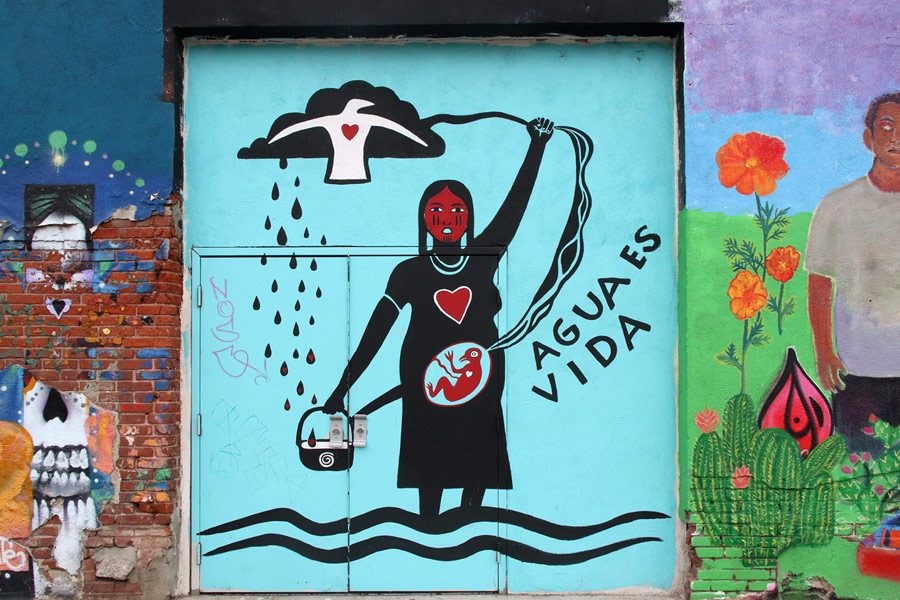
The Poisoned City: Flint’s Water and the American Urban Tragedy
Bread and Water: Access, Belonging, and Environmental Justice in the City Lecture Series
Anna Clark
Wednesday September 11
4:30 to 6:00 pm
Danforth Conference Room, 2nd Floor, Cohon University Center
Anna Clark, Journalist and Author, The Poisoned City: Flint’s Water and the American Urban Tragedy.
When the people of Flint, Michigan, turned on their faucets in April 2014, the water pouring out was poisoned with lead and other toxins. Through a series of disastrous decisions, the state government had switched the city’s water to a source that corroded Flint’s aging lead pipes. Complaints about the foul-smelling water were dismissed: the residents of Flint—a largely poor African American city of about 100,000 people—were not seen as credible, even in matters of their own lives.
It took 18 months of citizen activism, in partnership with a band of dogged outsiders, to force the state to admit that the water was poisonous. But this was only after 12 people died and Flint’s children suffered irreparable harm. The long battle for accountability and a humane response to this man made disaster has only just begun.
Anna Clark’s book, The Poisoned City recounts the gripping story of Flint’s poisoned water through the people who caused it, suffered from it, and exposed it. It is a chronicle of one town, but could also be about any American city, all made precarious by the neglect of infrastructure and the erosion of democratic decision-making. Cities like Flint are set up to fail—and for the people who live and work in them, the consequences may be mortal., Journalist and Author, The Poisoned City: Flint’s Water and the American Urban Tragedy.
- Part of the 2019-20 Humanities Center Public Lecture Series: Bread and Water: Access, Belonging, and Environmental Justice in the City.
- Photo by: Maria Romero / Las Fotos Project, Mural by: Christi Belcourt
- Co-sponsored by CMU's Humanities Center, University Lecture Series, Department of History, and Civil & Environmental Engineering; and the Andrew W. Mellon Foundation